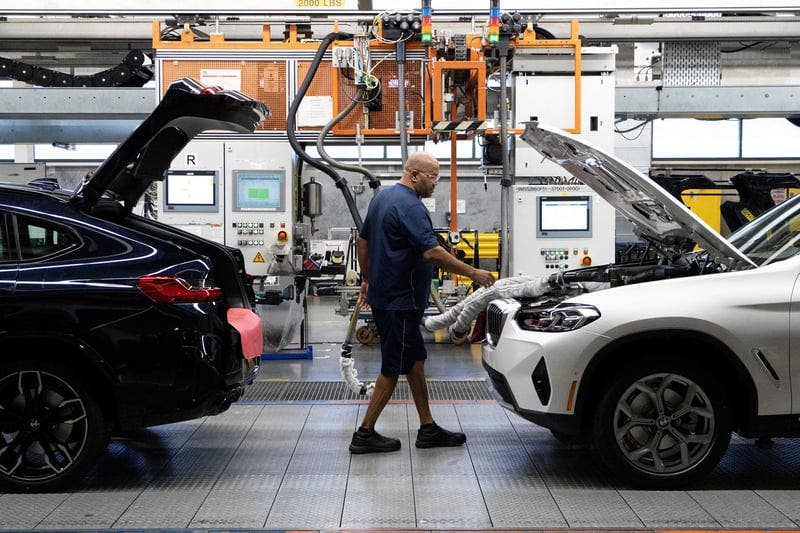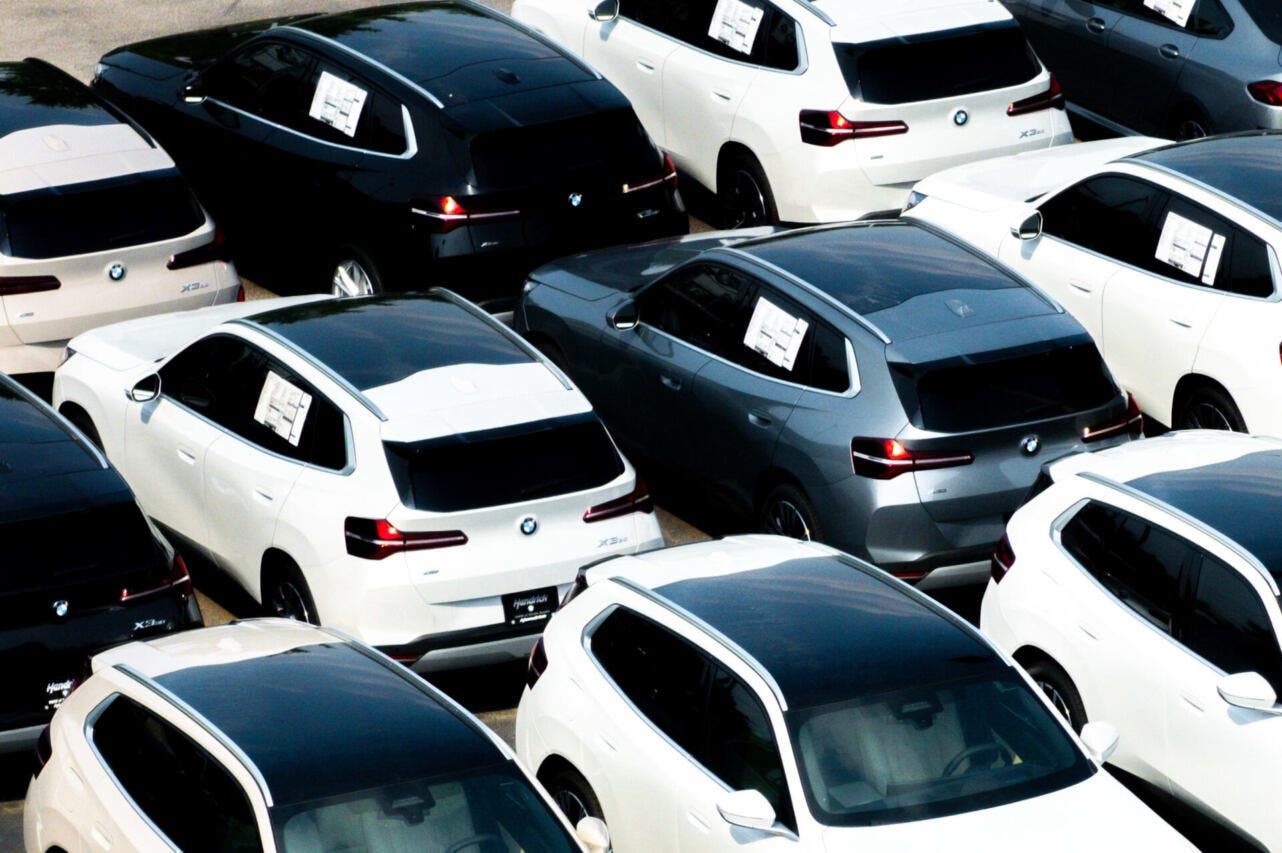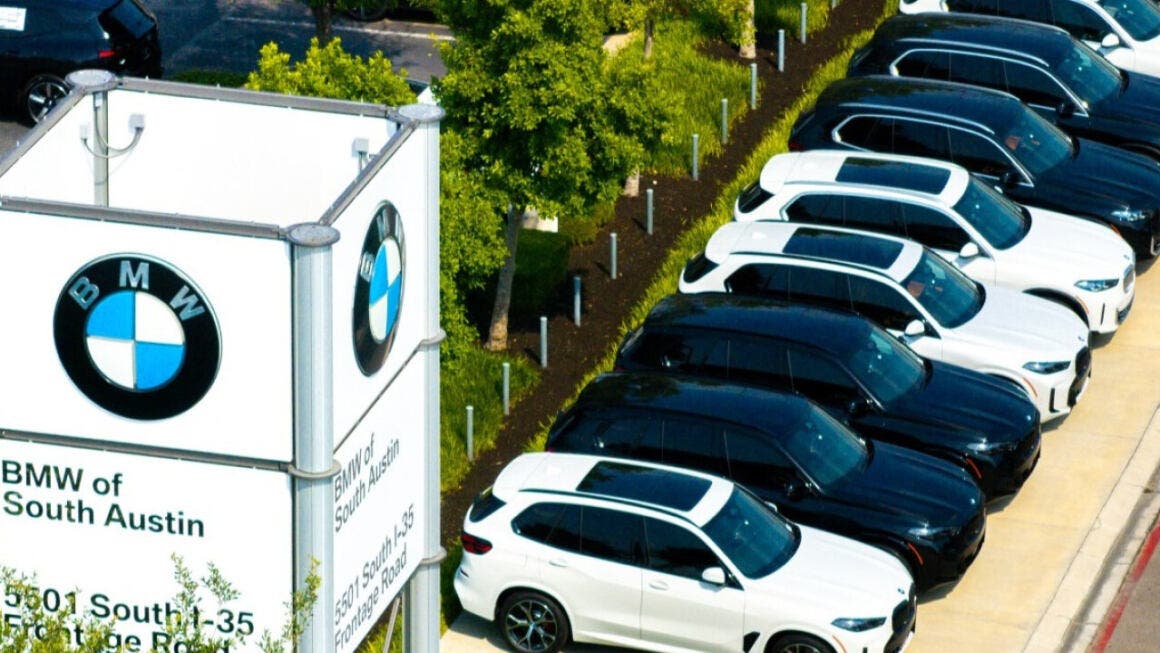A new trade agreement between Donald Trump and the European Union is poised to shift the balance in the global automotive industry. During a summit in Scotland with European Commission President Ursula von der Leyen, the former US president and current presidential candidate agreed to lower tariffs on a broad range of EU products, including new vehicles, from 27.5% down to 15%.
While still far above the pre-2024 rate of 2.5%, this reduction marks a notable retreat from the steep tariffs that had disrupted the market earlier this year, hitting German automakers like BMW, Mercedes, and Volkswagen especially hard. For BMW, the move offers both opportunity and challenge.

According to Bloomberg Intelligence, the automaker could gain around €4 billion ($4.7 billion) in profits, primarily thanks to the removal of tariffs on approximately 185,000 vehicles exported each year from its Spartanburg, South Carolina plant to the EU. However, cars shipped from Europe to the US will still face a 15% duty, meaning significant cost pressures remain. The worst-case scenario, a 30% tariff that Trump had previously threatened, has been averted.
The new agreement doesn’t return the industry to its pre-2024 footing. BMW, which exports more vehicles from the US than it imports, now faces a strategic decision: absorb the cost increases or pass them on to consumers, neither of which is ideal in an ultra-competitive market.

German Chancellor Friedrich Merz praised the deal as a necessary step to protect Germany’s export-driven economy. But broader challenges persist. Chinese brands are gaining ground, EU environmental regulations are tightening, and the transition to electric vehicles continues to strain profit margins amid slower-than-expected consumer adoption.
The new tariff structure takes effect on August 1, giving automakers a bit more clarity, but not much relief. For BMW and its German peers, the trade war may have paused, but the pressure is far from over.
